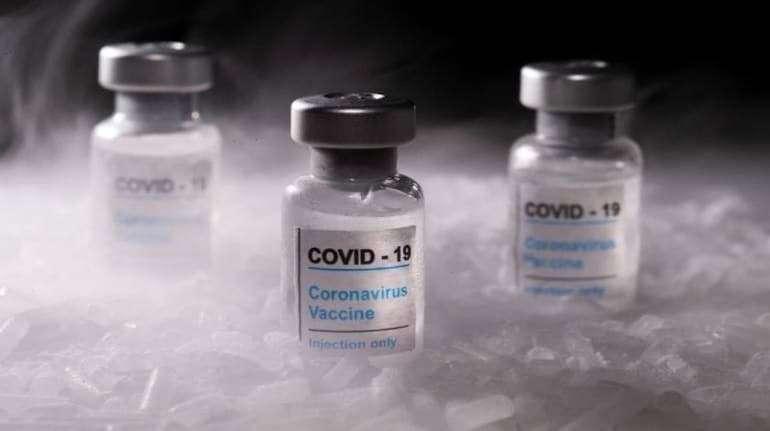



Serum Institute of India (SII) has stockpiled 75 million doses of AstraZeneca-Oxford University COVID-19 vaccine, and will be increasing it to 100 million doses by the first week of January.
"Nobody has this much stock of the product, ... everybody is looking at us for supplies," Umesh Shaligram, Director, Research and Development of SII said at a webinar organised by the Department of Biotechnology.
"As soon as we have emergency use authorization (EUA) we will be able to supply," Shaligram said.
Adar Poonawalla, the CEO of Serum Institute, earlier said that 50 percent of the vaccine supplies would go to India and the rest would go to COVAX, the WHO's programme to deliver COVID-19 vaccine to poorer countries. However, during the initial months, India would prioritise supplies.
The government is planning to vaccinate 300 million people in the first wave of vaccination. The first phase will target 10 million frontline health workers by February. In the second phase, 20 million frontline and essential workers would be administered the jab by March and in the third phase, 270 million people aged over 50 and with co-morbidities would be vaccinated by August.
Shaligram said that the data analysis showed that the AstraZeneca-Oxford University vaccine was 70.4 percent effective, with a lower end of confidence interval at 54.8 percent effectiveness in preventing symptomatic COVID-19 occurring more than 14 days after receiving two doses of the vaccine. WHO guidance says that the lower range of confidence interval shouldn't be less than 30 percent.
The Subject Expert Committee (SEC) of the Central Drugs Standard Control Organisation (CDSCO), India's drug regulator, will be meeting on January 1 to further review the emergency use applications of Serum Institute of India (SII) and Bharat Biotech COVID-19 vaccines.
The SEC which met on December 30 couldn't take a decision on SII's COVID-19 vaccine, as it needed more data.
The UK government ,on December 30, approved the use of Oxford University-AstraZeneca COVID-19 vaccine. The UK nod is expected to strengthen the case for quick approval of the Serum Institute of India's emergency use authorisation application. SII is a partner of the Oxford University-AstraZeneca and is manufacturing the vaccine in India.
Shaligram also added that they will begin stockpiling of Novavax COVID-19 vaccines, as soon as they get permission from DCGI to conduct Phase 2/3 clinical trials in India.
Discover the latest Business News, Sensex, and Nifty updates. Obtain Personal Finance insights, tax queries, and expert opinions on Moneycontrol or download the Moneycontrol App to stay updated!
Find the best of Al News in one place, specially curated for you every weekend.
Stay on top of the latest tech trends and biggest startup news.